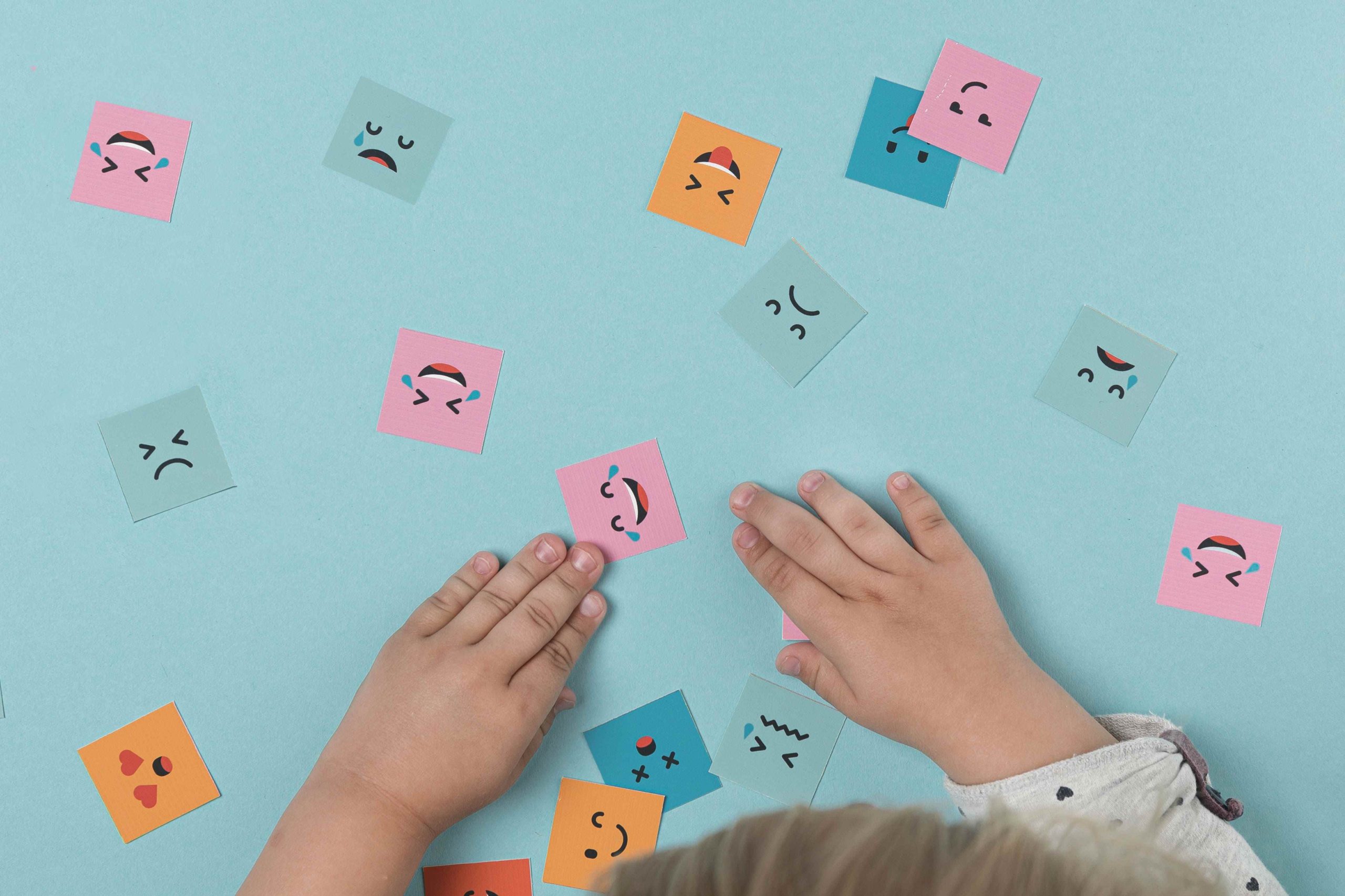
Nurturing Emotional Regulation in Preschoolers: Strategies for Caregivers and Educators
Emotional regulation is crucial for toddlers as it forms the foundation for their future emotional well-being and social success. Therefore, caregivers and educators have a responsibility to teach preschoolers how to manage their emotions in a healthy way. This article explores the importance of emotional regulation in preschoolers and provides techniques for caregivers and educators to support early emotional development.
Importance of Emotional Regulation in Preschoolers
Firstly, emotional regulation is the ability to understand and manage emotions constructively. It helps preschoolers express their feelings in healthy ways and manage their behavior. Children with developed emotional regulation skills can cope better with stress and anxiety, which positively impacts their academic and social performance.
Strategies for Promoting Emotional Regulation
To promote emotional regulation in preschoolers, caregivers and educators can use various strategies. Firstly, providing a secure and supportive environment allows children to express their emotions freely. Additionally, teaching coping skills like deep breathing and helping children identify and label their emotions are crucial steps. Moreover, modeling positive emotional regulation behaviors can help preschoolers learn healthy coping mechanisms.
Challenges in Promoting Emotional Regulation
Despite the importance of promoting emotional regulation, several challenges may arise. For example, the influence of external stimuli and the need for individualized support can pose difficulties. Furthermore, trauma, impairments, or low-income backgrounds may also contribute to additional challenges in emotional regulation.
Strategies for Overcoming Challenges
To overcome these challenges, caregivers and educators should offer tailored support to each child. Collaborating with parents and professionals, as well as creating a secure environment for children to express their feelings, are crucial steps. Moreover, incorporating emotional regulation activities into the curriculum can be beneficial in addressing these challenges.
The Role of Caregivers and Educators
Caregivers and educators play a critical role in promoting emotional regulation by providing a secure environment, modeling healthy behaviors, and offering tailored support to each child. Collaboration with families and incorporating emotional regulation activities in the curriculum are essential aspects of this process.


